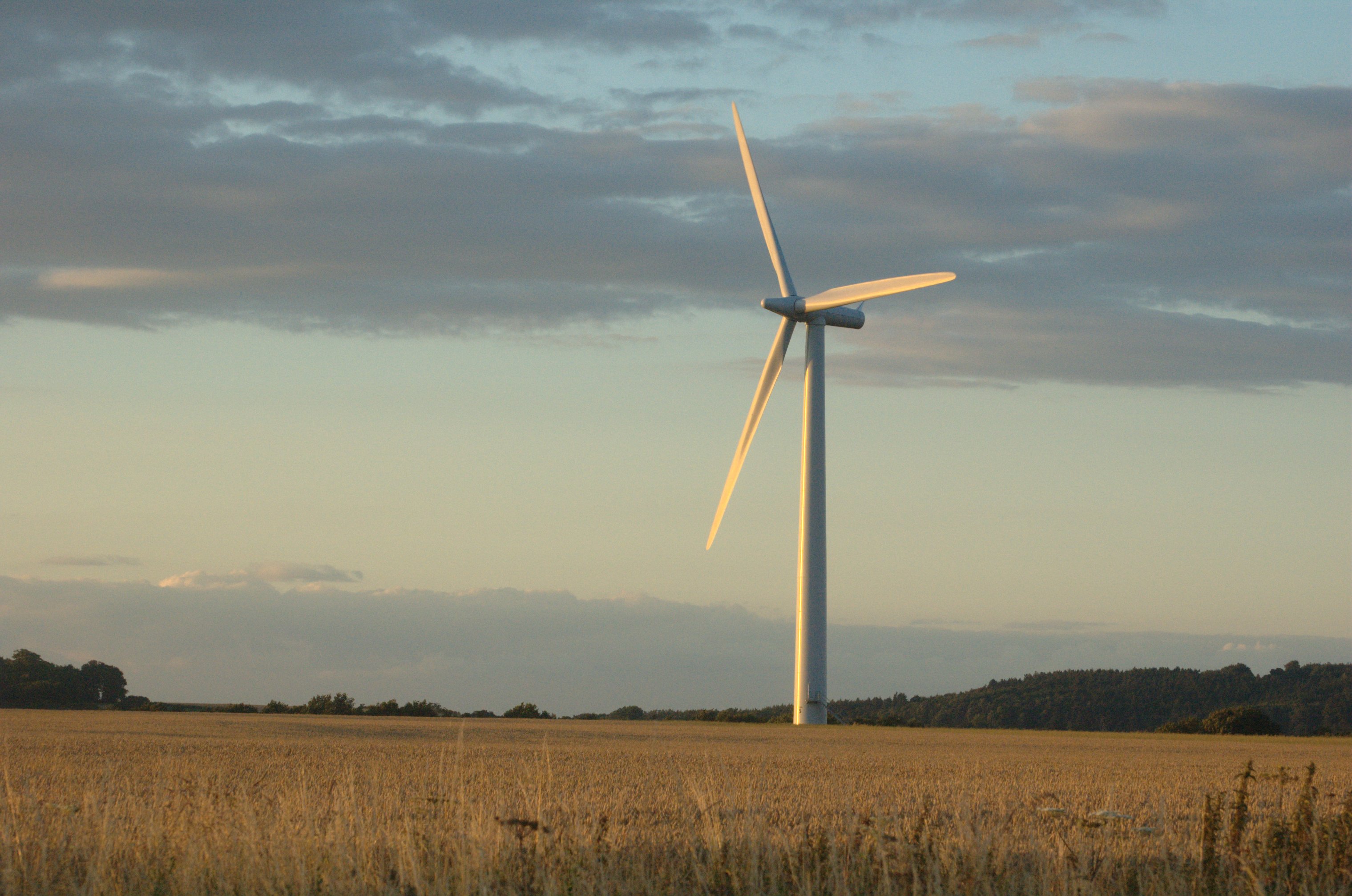2008 is infamously known as the year the Great Recession began. The Great Recession was a period of global economic downturn from Q3-2008 to Q1-2009. The housing bubble burst, financial sectors collapsed, valuable assets were scarce, and countless American workers were laid off from their jobs. The period was characterized by incredible hardship, with the United States in particular struggling to recover. The recession lasted from December 2007 to June 2009. Many families lost not only their jobs but their houses and savings as well. There was a drastic rise in unemployment and in health mortality effects. Given the current combination of an inverted yield curve, slowdown in key US sectors, the ongoing trade war with China, and slowing European economies, many US executives and economists agree that a recession is looming. The United States needs to create an economy of highly skilled workers in order to ensure that we are equipped to deal with the volatility of the global market and the coming recession.
Though nobody hopes for or expects a recession, many economists agree that they are inevitable; the question is not if we will experience one, but when. Unfortunately for us, that “when” might be much sooner than we would like. Since July of 2019, long-term interest rates have plunged. Due to the recent trade war with China, business decision-making has been painted with uncertainty. Rather than investing, many firms have sat idle. Investment is essential to the strength of any economy as it improves productivity and increases competitiveness. Because of uncertainty due to stagnant and volatile trade negotiations, businesses have not been able to properly measure the expected cost of business. They don’t know if tariffs will dissolve soon or continue to persist as a cost of business. The European economy has suffered from minute growth over the past decade, and if Britain exits the European Union without an exit deal, Europe’s economy could sink into deeper trouble. In the United States, investment spending has stagnated due to weaker overseas trade coupled with a reduction in consumer confidence. Moreover, many businesses are in debt, having taken out loans during an era of low interest rates. A wave of bankruptcies will thus be induced if a pullback occurs due to trade wars and a recession materializes. This leaves many businesses in a vulnerable position regardless of the presence of a recession. Even if the economy strengthens, this will lead the Federal Reserve System to increase interest rates, and several corporations won’t be able to pay back their loans.
Given the inevitability of an impending recession, what can we do to ensure we are well equipped to deal with the volatility of the global market? How can we ensure that hundreds of thousands of families are able to maintain a sufficient quality of life in the case that our economy falters once again? Looking back at the previous recession, Germany was one of the only countries whose standards of living and rates of unemployment stayed stable. Moreover, Germany went on to become one of the first countries to recover. Germany’s high-engineered systems demand highly skilled workers. In times of recession, it’s incredibly harmful for workers to be laid off in a market that requires highly skilled workers; instead, Germany dealt with the recession by cutting back on the workweek and compensation.
Currently, the energy sector comprises roughly 7% of the United States GDP and 5% of total US employment. With such a large investment of resources in the energy sector, this sector serves as a starting point for transforming our economy into one with more high-skilled workers. During the last recession, many workers in the energy sector suffered the consequences of a stagnant economy and lost their jobs. Transitioning our current fossil fuel-based plants to renewable energy power plants would require an increase in highly skilled workers. In the event of a recession, because our workforce would contain such high-engineered systems, we would be able to decrease the length of these workers’ workweeks much like Germany did rather than lay them off. Furthermore, a transition to the renewable energy sector would increase the number of necessary jobs. By increasing employment and opening up job opportunities now, we would decrease the chance that unemployment would drastically increase in the event of a recession. Moreover, the money we invest into renewable energy would generate more profit into our present-day economy. Such investment could potentially revitalize the American economy by leading to economic growth after months of decline, thereby deterring a potential recession. The movement of workers from the fossil fuel industry to renewable energy would also require further education and job training requirements. By encouraging and establishing skills-based technical programs post-high school, we’d contribute to creating an economy of highly skilled workers. Those displaced by the transition could be provided stipends for pursuing the additional required training and incentivized by the promise of a higher salary. The increase in salary would be derived from the profit made from the gains by investing in renewable energy. Likewise, by increasing the wages of workers in the United States now, we’d be providing more room should we have to decrease wages in the case of a future recession.
By reengineering our technological sectors in the United States starting with our energy sector, we’d be able to adapt our economy into one that can sustain the volatility of our present international economy. Historically, the United States has been hit hardest by periods of sluggish or non-existent economic growth, and investing into promising technology shows great hope for increasing investment and overall economic prosperity.
Photo: Image via jonbgem (Flickr)
